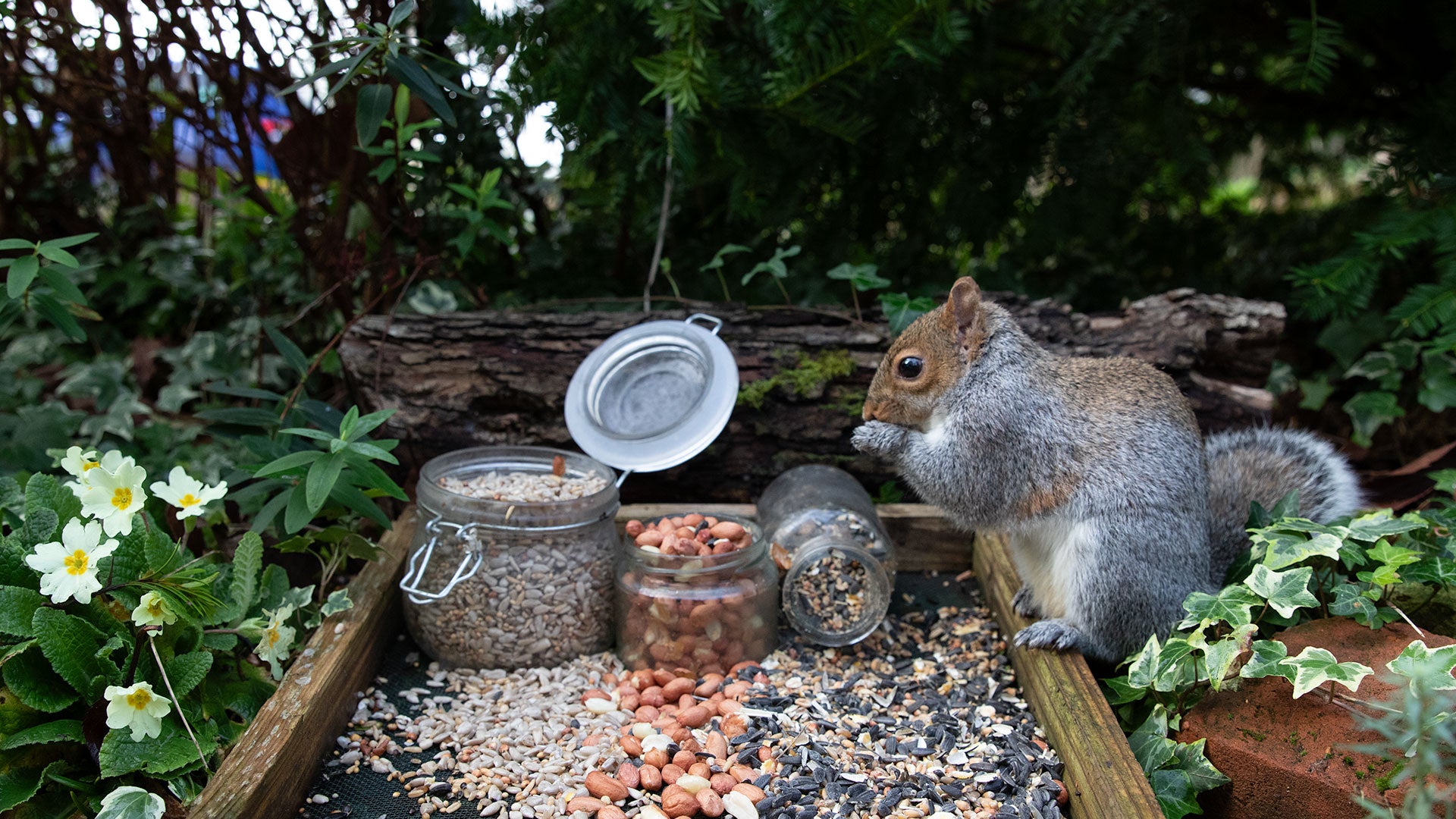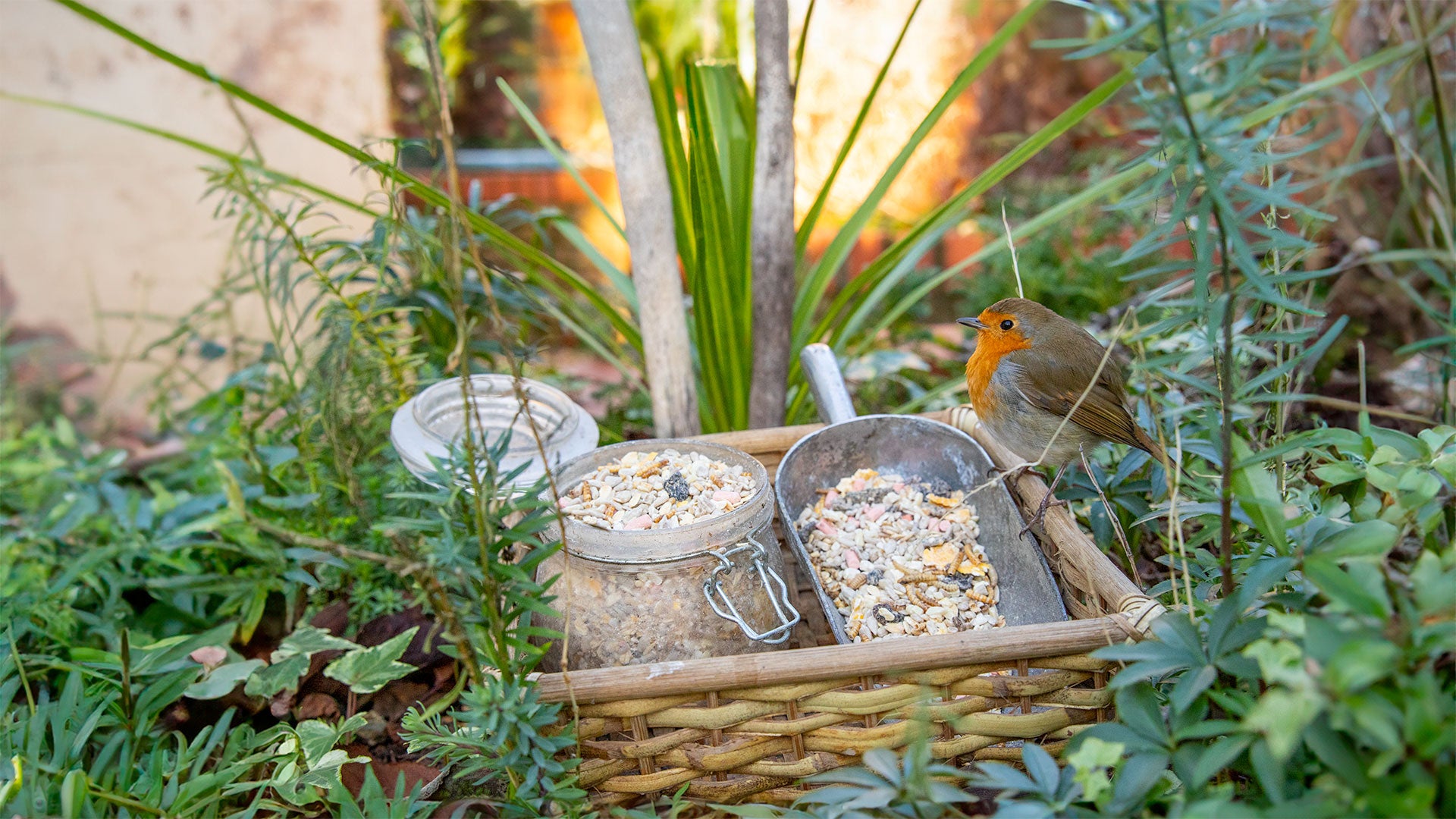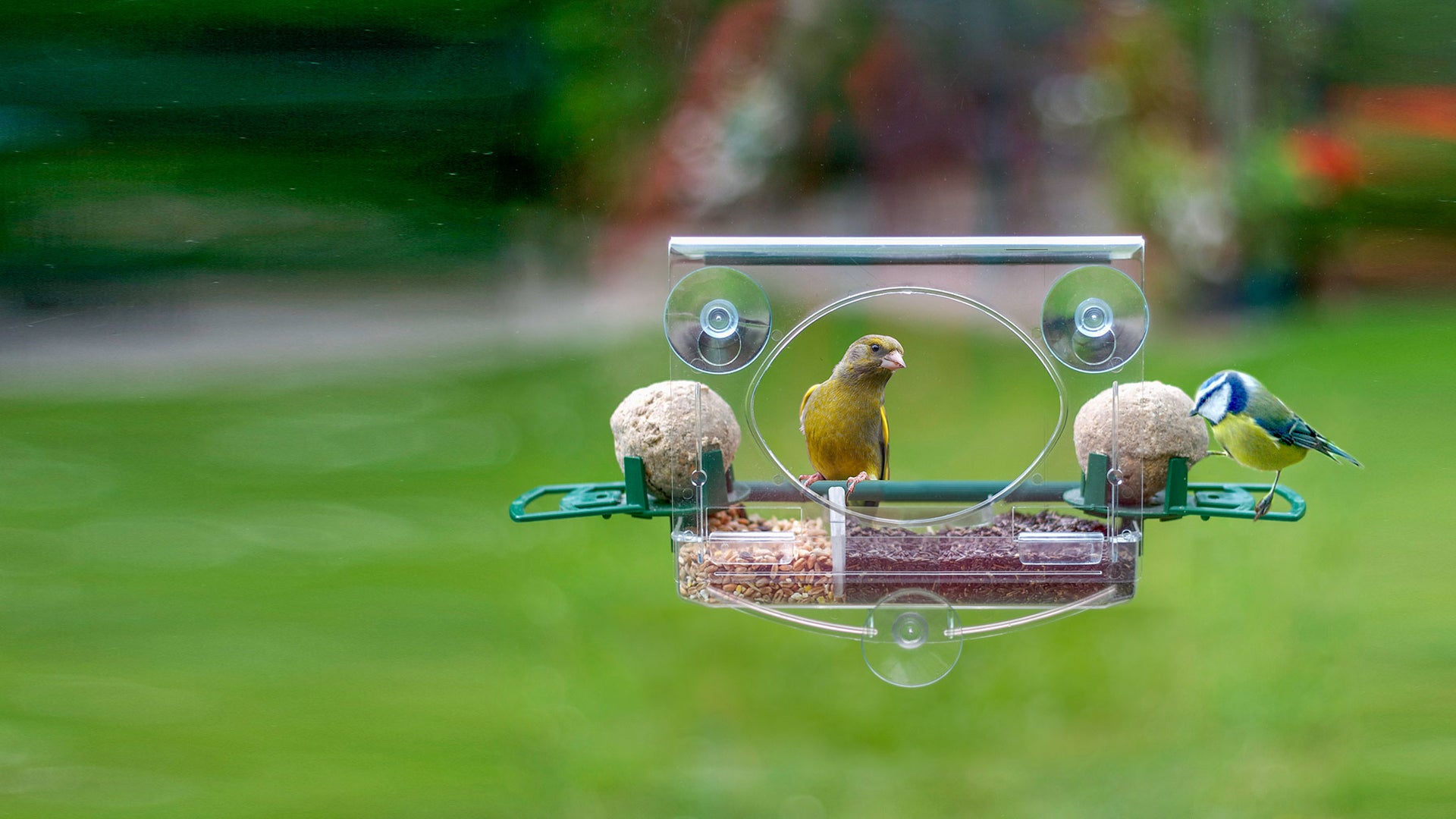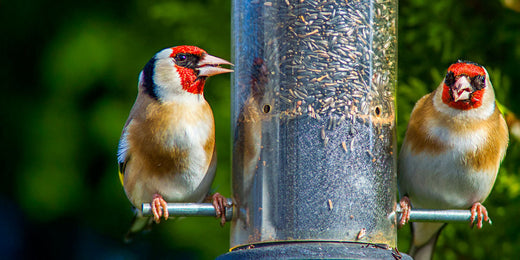Popular or ‘common’ knowledge of hedgehogs often runs into trouble because there is so much myth and legend surrounding the species. Hedgehogs are a very ancient family, appearing in literature and art from the earliest times and remain just as popular a topic for discussion in our social media and digital age.
The earliest hedgehogs foraged when dinosaurs still roamed the land and have remained unchanged for at least the last 15 million years. They are so old and successful as a species they have no close relatives but are distantly related to shrews and moles.

In culture they have been both worshipped and vilified. Egyptians believed hedgehogs held magical powers, while the Romans thought hedgehogs foretold the weather. Other cultures held hedgehogs as fertility symbols, and some ate them as a medicinal cure-all. In 16th century Britain there was a bounty for every hedgehog killed because it was believed they stole milk from the udders of cows. With all this folklore over the ages, it’s no wonder we get confused about their habits to this day. Even the early naturalists were not immune to error, Darwin (among many) was reported to believe hedgehogs carried fallen fruit on their backs to cache ready for winter. Another naturalist went on record explaining how hedgehogs mated in an upright position due to all their spines!
To this day the contradictory hedgehog can still confound the researchers. Often classed as an insectivore (insect eater) it’s varied meaty diet and delight of live food means it also fits the description of predatory carnivore. Yet again, the longer gut, broader molars and adaptable diet could just as easily qualify them as an omnivore. No wonder they’re such a successful species!
What is important is that we know hedgehogs cannot digest lactose or cellulose efficiently. This means they should not be fed milk, milk products or green plant material. Their natural diet is high in protein, low in fat and high in fibre. They truly are the gardeners’ friend, naturally foraging on earwigs, caterpillars, small slugs and snails and even aphids. They eat so many beetles that they even have a special enzyme to help digest the hard shell called chitin.

So, in summary hedgehogs will not help you get pregnant, ward off evil spirits, cure you of your ills or predict the weather. They don’t steal milk from cows but are a great asset in the garden. They are worth encouraging for the benefits they bring as well as to help an endangered species. And you can do this by making an access hole in the bottom of your garden fence and putting out a handful of good quality hedgehog food, along with a shallow sided dish of water every night throughout the summer. Our predator-proof hedgehog feeding stations are a great place to leave out food for them. Oh, and just to be clear, hedgehogs don’t mate standing up, but what they do (as the old joke goes), they do very carefully!














